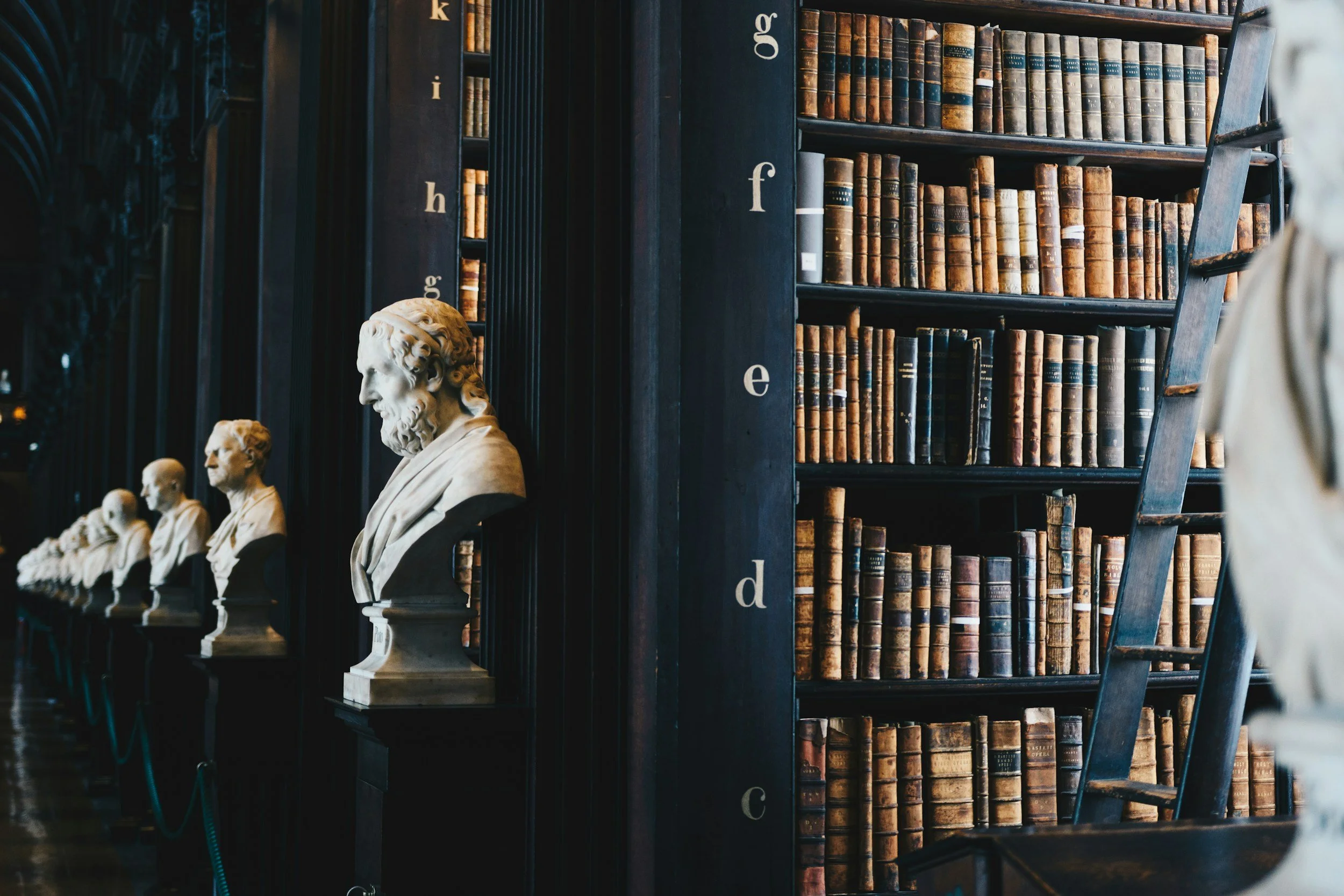
The Library of the Mind
A whimsical wander through the shelves of Professor Owain Morgan — part history, part imagination, all filtered through my creation’s eye for the curious. In Library of the Mind, the living and the dead meet in books, conversations, and the occasional draughty window seat.